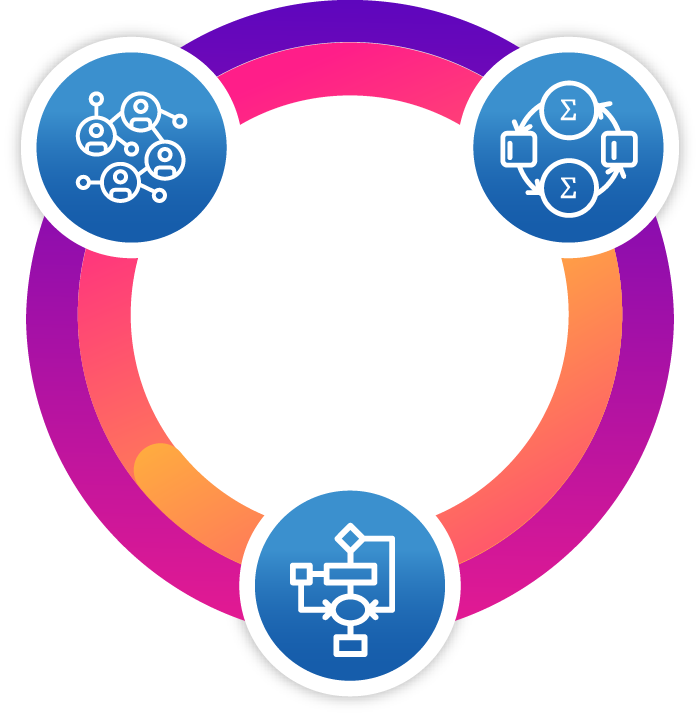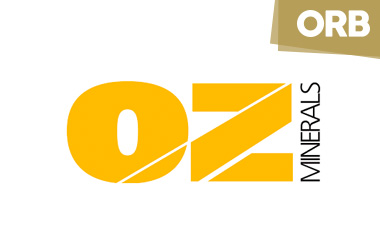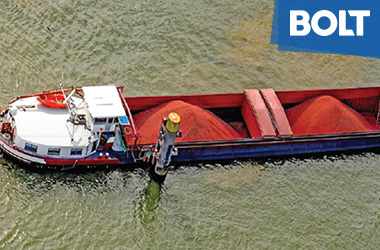Industrial Mathematics
Simulation
Gain invaluable insights of complex systems to verify or predict future performance in digital environments.
Maximise Efficiency
Save time and money by experimenting with simulation models that replicate real world assets.
Risk Free
Make decisions based on exploring different “what-if” scenarios with high fidelity simulation models.
Robust Solutions
Develop more robust solutions by modelling risk and uncertainty into each simulation.
Improve efficiency of complex systems
Discrete event simulation allows operators of complex systems which have interactive workflows of materials, parts, or people through a business process or system that progresses over a specified time horizon. This form of simulation is beneficial for modelling systems that include process variables such as queuing and decision logic.
Identify:
- Bottlenecks
- Constraints
- Capabilities

From design through to delivery
The ability to validate business assumptions in a simulated environment allows you to confidently move your next business improvement idea from concept to implementation.
- Validate the feasibility of a new concept or design
- Identify bottlenecks and constraints
- Maximise financial performance by discovering new capabilities or capacities
- Improve an existing system or process by modeling various scenarios
- Encourage innovation by modelling new ideas
Real-time response to real-world disruptions
Maintaining an up-to-date virtual model of your operation enables businesses to respond intelligently when the unexpected happens.
- Rapidly deploy course corrections to unforeseen disruptions
- Predict how your system will behave when the unplanned happens by performing real-world scenarios in a virtual environment
- Isolate the impact of an unforeseen event by responding immediately with the best course of action






